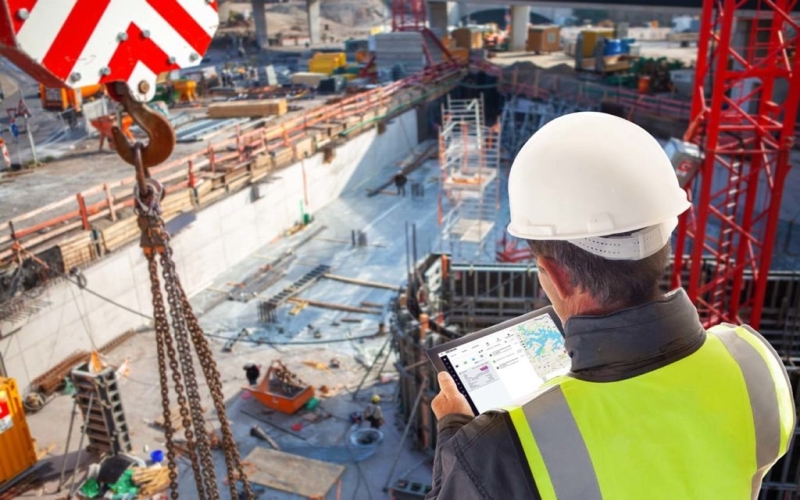Construction companies face unique difficulties in their fleet operations management. The hundreds of vehicles and equipment spread throughout projects must be tracked, maintained, and utilized efficiently if they’re to run smoothly – that’s where telematics comes into play!
This post will detail the benefits of construction fleet management when used in conjunction with telematics. So, let’s begin!
What is telematics?
Telematics refers to an emerging technology that integrates telecom and informatics to track, monitor, and protect vehicles, equipment, and assets. By installing telematics devices in construction fleet vehicles, companies can gather real-time information regarding operations for improved efficiency, cost reductions and safety improvements.
Telematics has dramatically transformed how construction fleet operations are managed, providing companies with an essential tool that enables real-time monitoring of their fleet, tracking vehicle statuses in detail, and optimizing resource usage.
Benefits of telematics for construction fleet management
The numerous benefits of telematics for construction fleet management are becoming increasingly apparent in today’s industry. Not only does telematics enhance operational efficiency and safety, but it also provides a competitive edge in an industry striving for innovation and sustainability.
Real-time tracking
Using GPS technology, telematics allows construction companies to keep an eye on where their vehicles and equipment are in real-time, which allows project managers to see which assets are free or taken. This feature makes planning more efficient.
Maintenance alerts
Telematics devices can be configured to send maintenance reminders based on mileage or engine hours; this helps companies keep an eye out for preventive maintenance and avoid expensive breakdowns.
Telematics systems allow companies to monitor driver behaviors such as speeding, harsh braking and excessive idling, promoting safe driving practices and decreasing the risk of accidents.
Efficient asset utilization
With real-time tracking capabilities, companies can ensure their vehicles and equipment are being utilized optimally, helping avoid downtime and unnecessary costs associated with underutilized assets.
Cost savings
Telematics can generate cost-cutting benefits for construction firms by optimizing routes, decreasing idle times, and encouraging safe driving behaviors, helping companies save money through improved efficiency.
Fuel efficiency
Telematics systems also enable companies to track fuel usage data, providing valuable insight into areas for improvement, such as decreasing idle time or optimizing routes.
Improved safety and faster response times
Telematics not only aids in driving safely but can provide emergency assistance during accidents or breakdowns, thus shortening response times and protecting employees’ well-being.
Data analysis
Telematics systems offer construction companies access to an abundance of data that can be examined to spot trends or areas for enhancement, helping them make more informed decisions and enhance operations. By mining this information, construction firms can take more informed actions while improving operations overall.
Compliance
Telematics can assist drivers with staying compliant by monitoring their hours of service and verifying if companies are adhering to regulations.
Scalability
Telematics systems have proven capable of adapting quickly to changing construction company fleet sizes by quickly scaling to account for more assets in their portfolios.
Conclusion
Telematics technology has transformed construction fleet management by offering real-time data and insights previously unavailable to companies. By harnessing telematics for fleet operations management, companies can streamline their operations, reduce costs, improve employee safety, and optimize fleet operations utilizing this valuable tool — thus keeping up with an ever-evolving industry!

